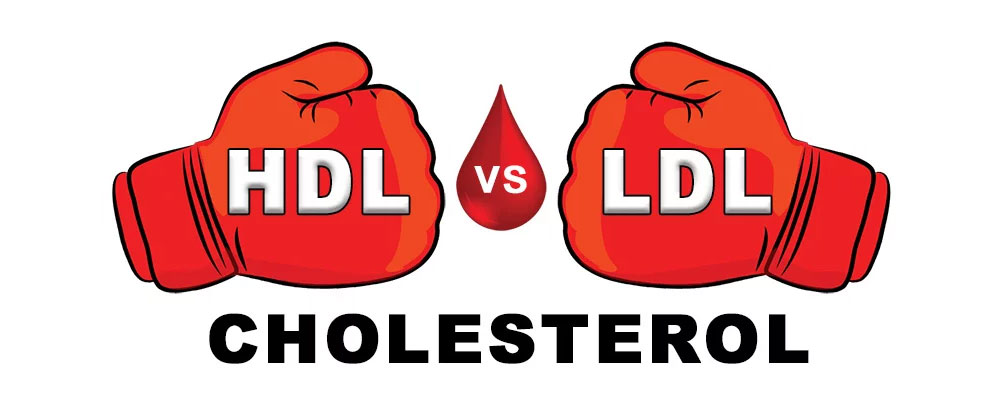BLOG POST by Dr Eloise Bradham
Health benefits of coconut, first installment
My name is Dr Eloise Bradham, board-certified medical doctor, certified additionally in Ayurveda (traditional Indian medicine, which emphasizes nutrition), and board-certified in medical Acupuncture.
I have been a customer of Koko Kai Coconut Yogurt and would like to write about some of the health benefits of consuming coconut, and of fermented foods in general. This will be my first installment of several articles concerning our health and how being informed about your nutrition is the keyway to achieve it.
First, Koko kai yogurt is a minimal-ingredient food. As we become more aware of our nutrition, we realize the importance of minimal ingredients and minimum processing, hopefully reading the labels of everything we buy in order to avoid preservatives and other chemicals. Koko Kai yogurt has 4 ingredients: organic coconut cream, filtered water, agar (used as a thickener for vegan yogurt), and a blend of 13 live beneficial bacterial cultures. There are no added sugars or starches. It is dairy-free, gluten-free, plant-based, and lactose-free.
There is so much to say about coconut. There is much to say about the benefits of fermentation also. I will begin today talking about the benefits of consuming coconut.
First off, let me talk about the western medical belief that coconut may be advised against for cardiac patients and those with high cholesterol. Coconut consumption can raise total cholesterol levels, and western medicine is very focused on laboratory values. The reason it can raise total cholesterol levels is because it raises HDL (high-density lipoprotein), the portion of the total cholesterol count known colloquially as “good cholesterol” due to its protective effect against heart disease. Cholesterol levels are an absolute number; the total of HDL, “good cholesterol”, LDL, “bad cholesterol” and 20 % of your triglyceride levels, which are also “bad”, in that they are fats carried in the blood due to extra calories consumed, waiting to be deposited into fat cells all over the body.
So yes, coconut consumption can raise total cholesterol, and therefore is often considered a no-no in the eyes of western medicine for cardiac patients. But if you understand that the cholesterol total increase is due to an increase in HDL, it becomes clear that coconut offers a nutritional advantage.

I have seen a humorous way to remember how cholesterol works, in Dr. Greger’s “How Not To Die” blog, which I also recommend you check out. He says that LDL is the “garbage” and HDL is the “garbage truck”, ie, HDL cleans up the potential artery-clogging power of the LDL.
Next, will talk about how coconut consumption can reduce waist circumference and discuss the vitamins it is packed with. I hope today’s note helps demystify those cholesterol lab values.
Until next time, eat healthy!
Dr Eloise Bradham



